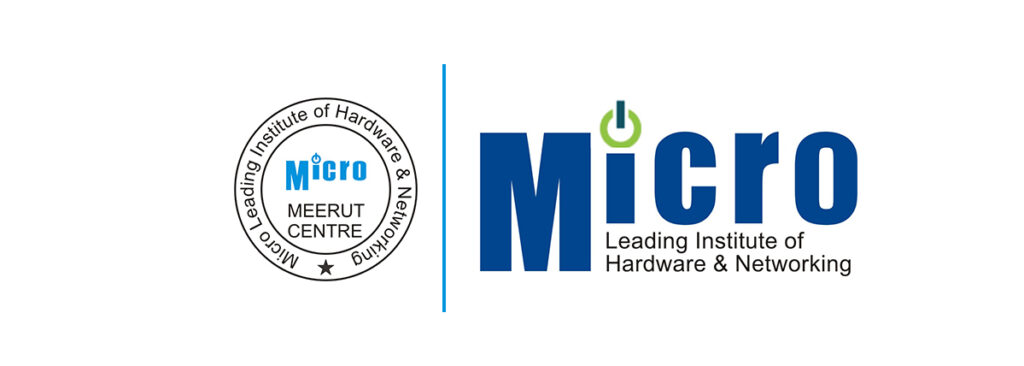
The growth in the software industry has automatically created a demand for skilled hardware and networking professionals. MICRO aims to fulfill this demand by equipping the students in skills, mapped to international certification standards. MICROS’s practical based syllabus gives students that extra edge making them the first choice
of the recruiters.
(Micro Certified Hardware and Networking Professionals)
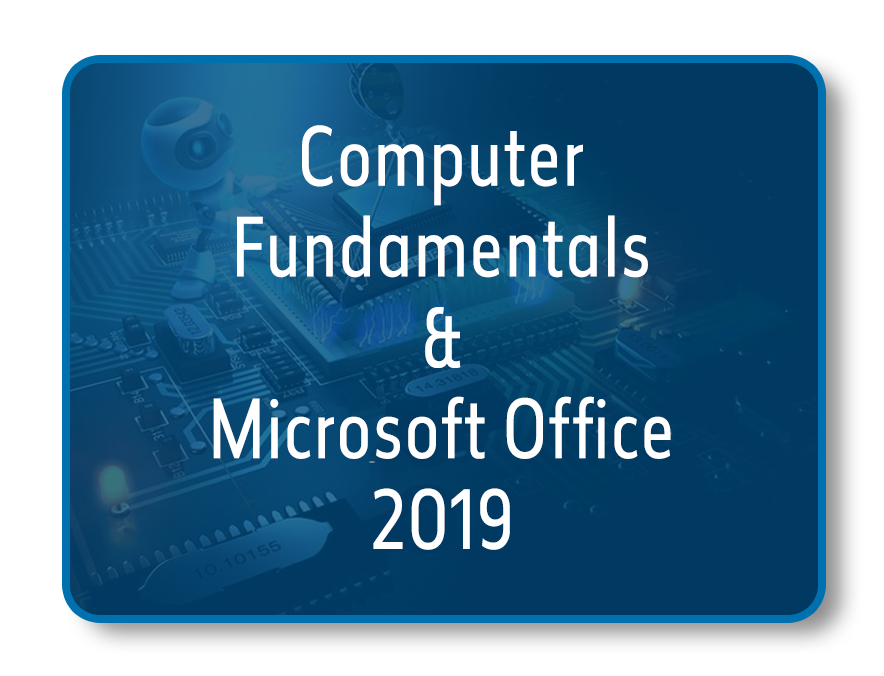
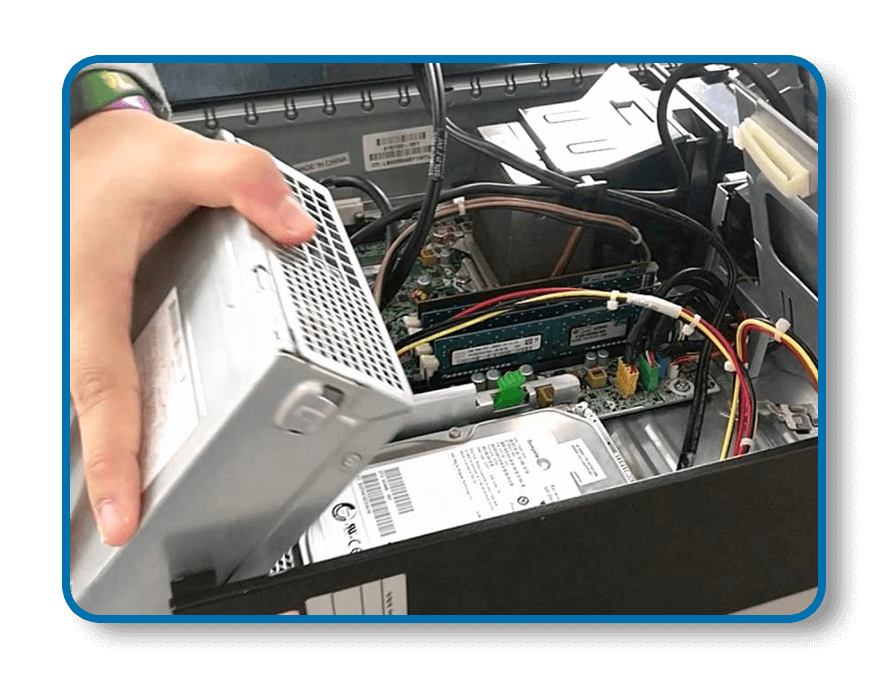
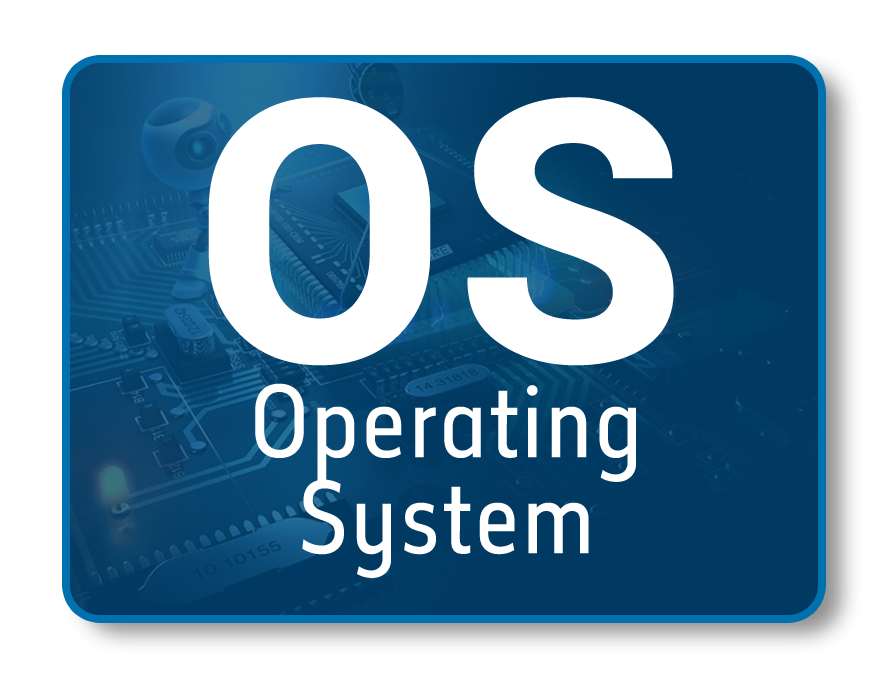
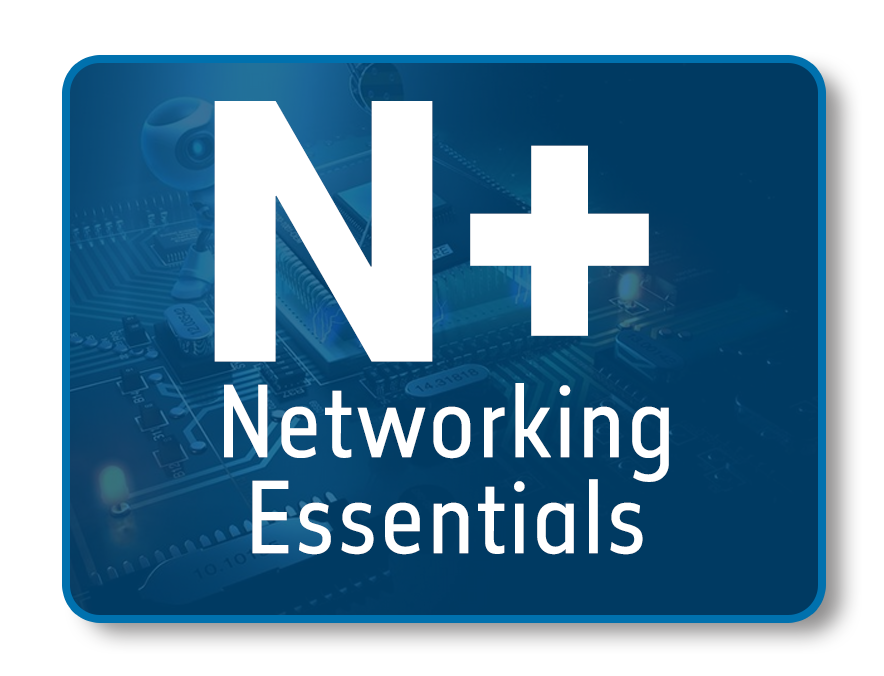
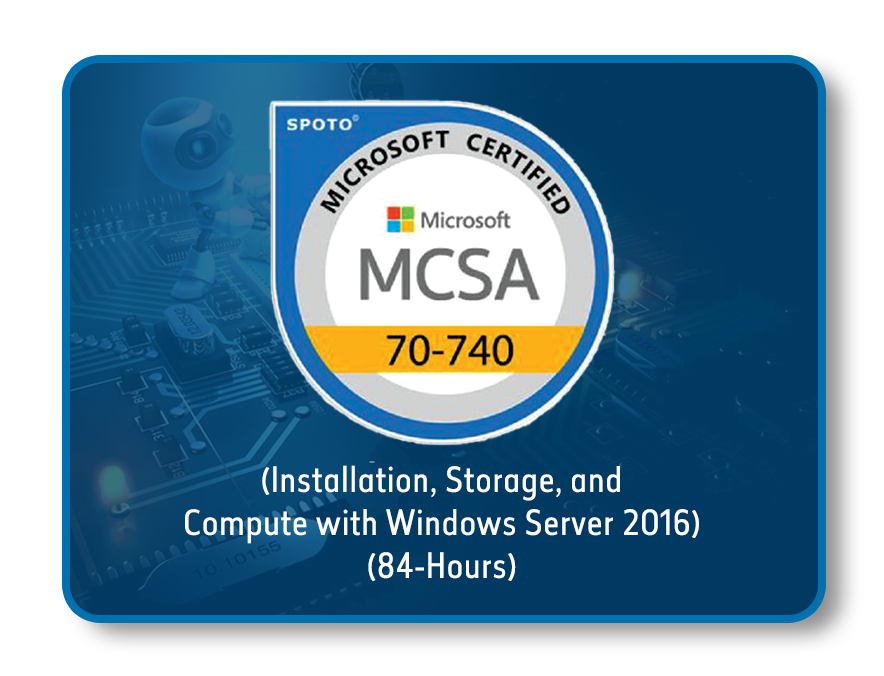
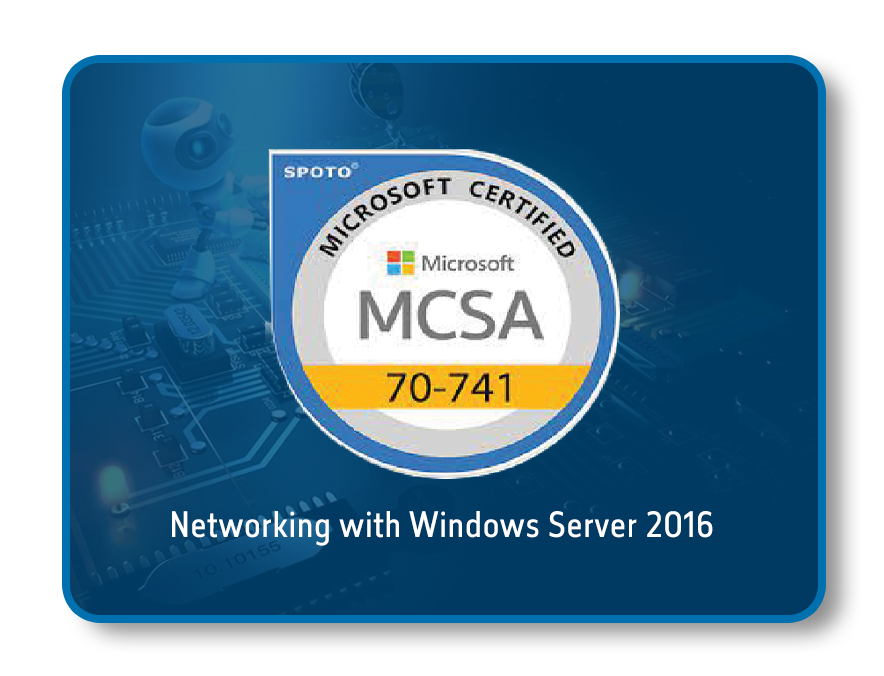
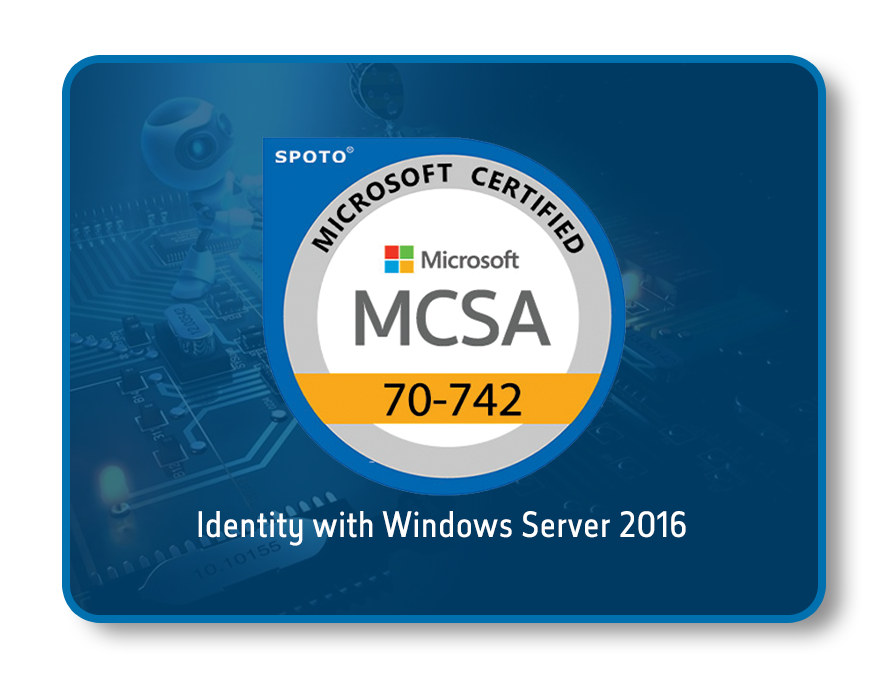
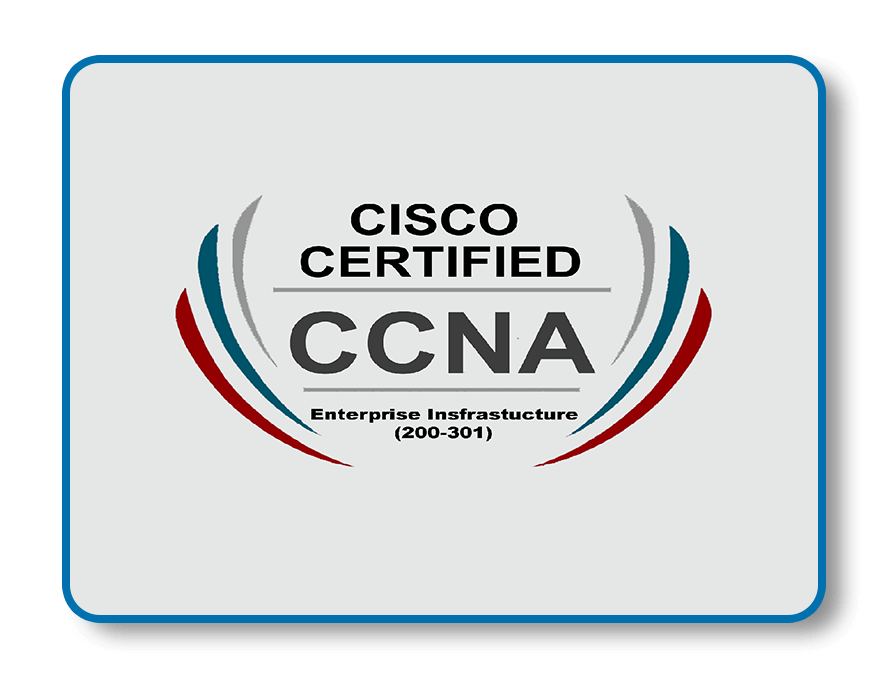
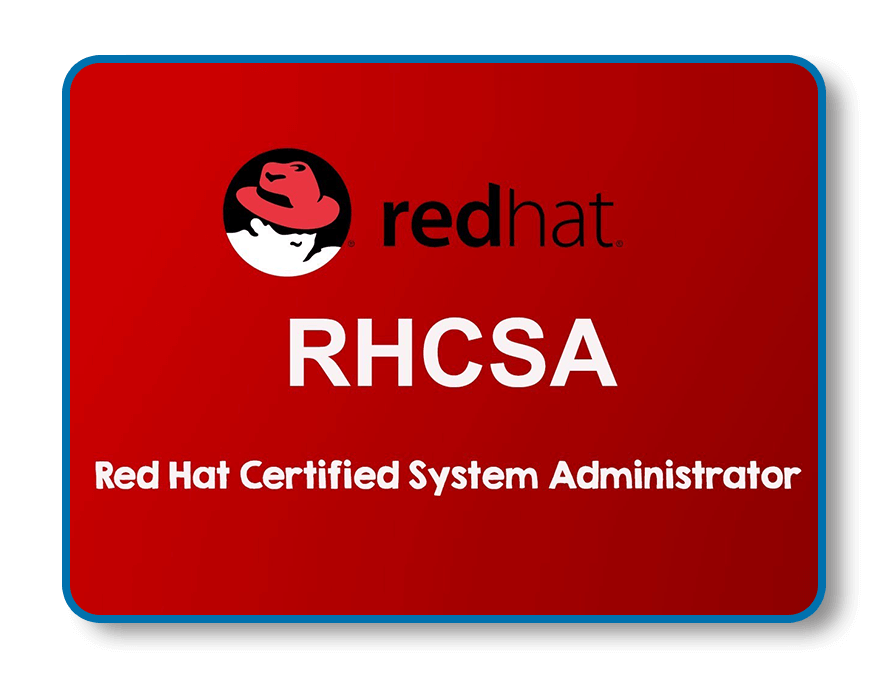
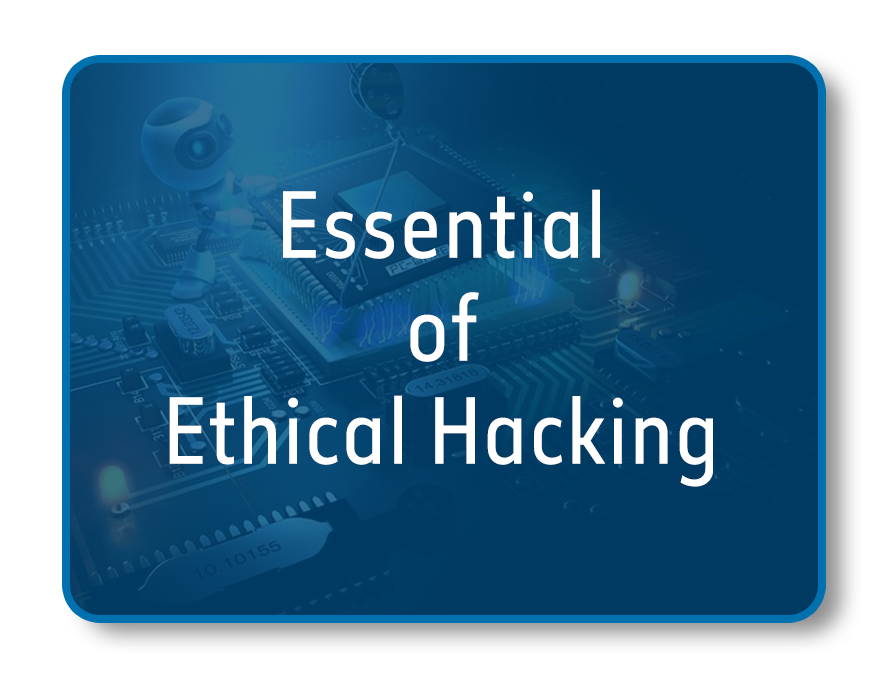
Computer Fund. & Mic. Office. 2019 : Course Content

- Computer Fundamentals & Microsoft office 219 (64 Hours)
- Fundamental of Computers
- Basic Introduction to Computer Parts
- Types of Software
- Concept of E-mail/Internet/Extranet & World Wide Web (WWW)
- Microsoft Office 2019 : Features & Installation
- Getting Started with MS-Word
- MS-Word : Working with Objects
- Introduction to MX-Excel
- MS-Excel : Working with cells & sheets
- MS-Excel : Advance Formula & Data Management
- MS-Excel : Configuring VLOOKUP & HLOOKUP
- Getting started with MS-Power Point
- MS-Power Point : Working With Presentations.
- Introduction to One-Drive.
- Working With One-Drive
- One Note
Hardware Devices & Trouble Shooting : Course Content

- Introduction to Computer hardware
- Microprocessor & it’s Features
- Memory
- Characterstics of Motherboard
- Expansion Cards & Slots
- Storage Devices-I=HDD & SSD
- Storage Devices-II=ODD
- Power Supply :SMPS
- Display Devices: Monitor
- Configuring BIOS
- Keyboard
- Mouse
- Assembling & Disassembling a PC
- Troubleshooting Hardware Problems
- Printer
- Scanner
- Preventive Maintenance & Introduction to UPS
- Portable PC
- Introduction to Server Hardware
Operating System : Course Content

- Introduction to Operating System.
- Installation of Different Operating Systems.
- Multiboot Installation and OS Compatibility.
- Upgrading & Downgrading OS.
- Customizing Desktop Settings.
- Managing Devices & Drivers.
- Configuring UAC & Security Policies.
- Disk Management.
- Configuring Windows Update.
- Windows Firewall.
- Configuring Bit Locker.
- Network Settings & System Connectivity.
- Sharing Resources & Data Migration.
- Connecting to Internet.
- Remote Management.
- Configuring Backup & Recovery.
- Configuring Third Party Applications & Web-Browsers.
- Antivirus & Password Recovery
Networking Essentials (N+) : Course Content

- Introduction to Computer Network
- Configuring E-mail Clients
- OSI Model
- Introduction to Networking Devices
- Transmission Media
- Network Topologies
- Introduction to Number System
- IP Addressing & Subnetting
- Implementing Switched Network
- LAN Basics
- Structured Cabling
- TCP/IP Protocol Suite
- Wireless Network & Devices
- Connecting to Internet & Internet Connection Sharing [ICS]
- Network Optimization & Troubleshooting Network Problems
- Common Network Attacks & Mitigation
- Introduction to IPV6
MCSA(70-740) : Course Content

- Introduction to Window Server 2016.
- Install Windows Servers in Host and Compute Environments.
- Implement Storage Solutions.
- Implement Hyper-V.
- Configure Hyper-V networking.
- Implement Windows Containers.
- Deploy Windows containers.
- Manage Windows containers.
- Implement High Availability.
- Implement high availability and disaster recovery options in Hyper-V.
- Implement fail over clustering.
- Implement Storage Spaces Direct.
- Manage fail over clustering.
- Implement Network Load Balancing (NLB).
- Maintain and Monitor Server Environments.
- Maintain server installations.
- Monitor server installations.
MCSA(70-741) : Course Content

- Implement Domain Name System.
- Install and configure DNS servers.
- Create and configure DNS zones and records.
- Implement DHCP and IPAM.
- Install and configure DHCP.
- Manage and maintain DHCP.
- Implement and Maintain IP Address Management.
- Implement Network Connectivity and Remote Access Solutions.
- Implement network connectivity solutions.
- Implement virtual private network (VPN) and Direct Access solutions.
- Implement Network Policy Server (NPS).
- Implement Core and Distributed Network Solutions.
- Implement IPv4 and IPv6 addressing.
- Implement Distributed File System (DFS) and Branch Office solutions.
- Implement an Advanced Network Infrastructure.
- Implement high performance network solutions.
- Determine scenarios and requirements for implementing Software Defined. Networking (SDN).
MCSA(70-742) : Course Content

- Install and Configure Active Directory Domain Services (AD DS).
- Install and configure domain controllers.
- Create and manage Active Directory users and computers.
- Create and manage Active Directory groups and organizational units (OUs).
- Manage and Maintain AD DS.
- Configure service authentication and account policies.
- Maintain Active Directory.
- Configure Active Directory in a complex enterprise environment.
- Create and Manage Group Policy.
- Create and manage Group Policy Objects (GPOs).
- Configure Group Policy processing.
- Configure Group Policy settings.
- Configure Group Policy preferences.
- Implement Active Directory Certificate Services (AD CS).
- Install and configure AD CS.
- Manage certificates.
- Implement Identity Federation and Access Solutions.
- Install and configure Active Directory Federation Services (AD FS).
- Implement Web Application Proxy (WAP).
- Install and configure Active Directory Rights Management Services (AD RMS).
CCNA : Course Content
Enterprise 200-301

- Networking Fundamentals
- IP Addressing
- Network Access technologies
- Advance Network Access technologies
- Working with Cisco Devices
- IP Connectivity Technologies
- Advanced IP Connectivity Technologies
- Wireless Network
- Implementing IP Services
- Infrastructure Security
- WAN Technologies
- Cloud Computing
- Automation and Programmability
- Troubleshooting
RHCSA SA-1/2 : Course Content
Red Hat Certified System Administrator

- Introduction to Linux Operating Systems
- Access to command line
- Manage files from the command line
- Get help in Red Hat Enterprise Linux
- Create, view and edit text files
- Manage local Linux users and groups
- Control access to files with Linux file system permissions
- Monitor and manage Linux processes
- Control services and daemons
- Configure and secure Open SSH service
- Analyse and store logs
- Manage Red Hat Enterprise Linux networking
- Archive and copy files between systems
- Install and update software packages
- Access Linux file systems
- Use Virtualized systems
Essential of Ethical Hacking : Course Content
Red Hat Certified System Administrator

- Introduction to Ethical Hacking.
- Foot printing and Reconnaissance.
- Scanning Networks.
- Enumeration.
- Vulnerability Analysis.
- System Hacking.
- Malware Threats.
- Sniffing.
- Social Engineering.
- Denial-of-Service.
- Session Hijacking.
- Hacking Wireless Networks.
Some of Our Salient Features are :
Certified Faculty | International Certificates | Guest Lectures | Focus on Practical Training
22 Years of Training Experience | Excellent Infrastructure Facilities | Industry Visits
Projects & Presentations | English Speaking and Presonality Development
Best Configured Computer Lab | Theory and practical Exam For Each Subject
